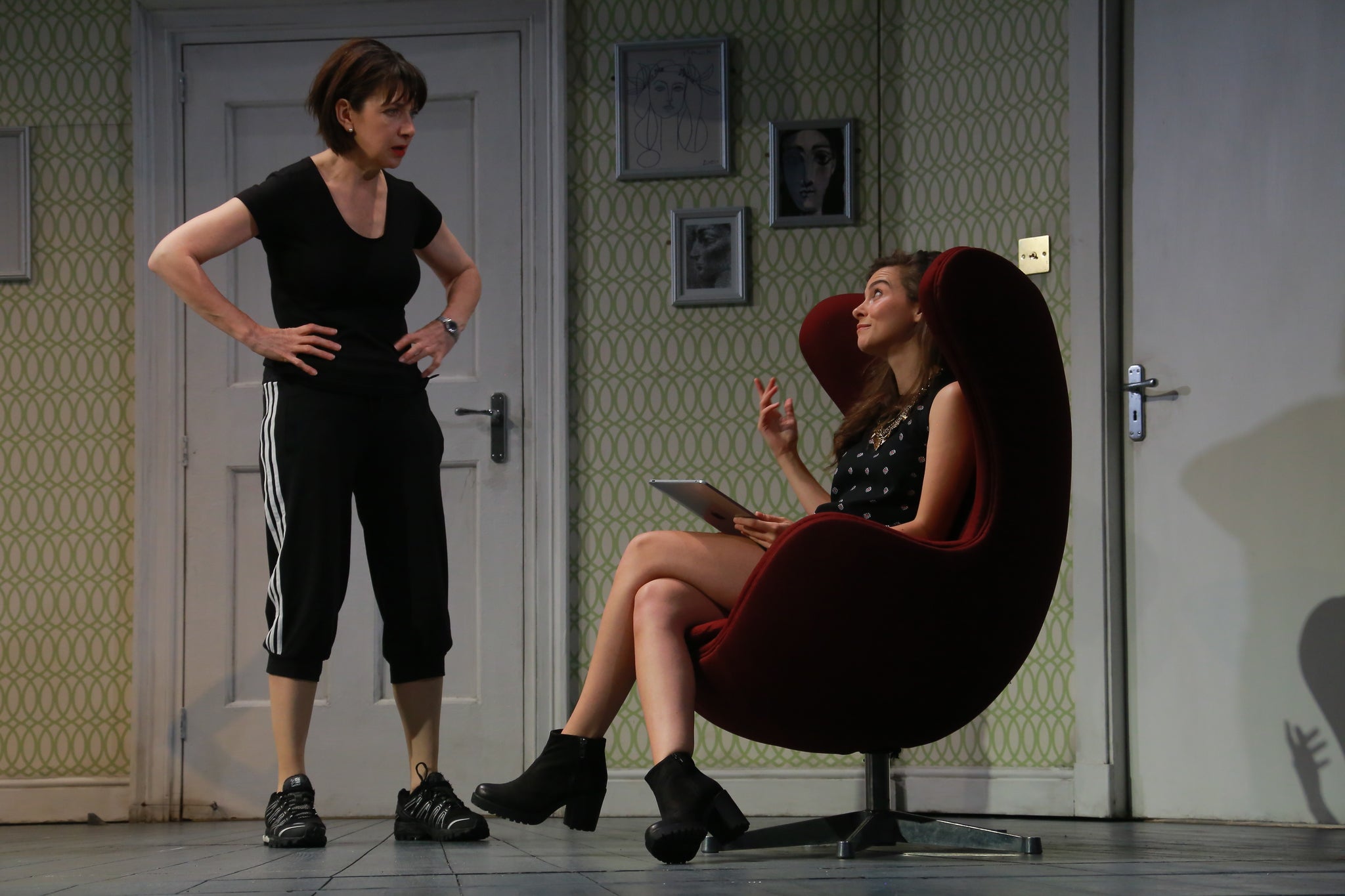Theatre review: Ian Rankin's Dark Road, Royal Lyceum Theatre, Edinburgh

Arguably Ian Rankin’s pre-existing fame as a crime novelist of some note is what holds his first play, written in collaboration with Lyceum artistic director Mark Thomson, back the most. For all Rankin’s experience as a writer, Dark Road is essentially still the work of a debut playwright dressed up and given prime billing amidst the Lyceum’s current season, and in places it can’t help but fold given the weight of expectation placed upon it.
An overriding failing which rings out on occasion during this pulpy genre piece is the apparent gulf between the novelistic language to which Rankin is used and the more natural modes of expression demanded by theatre. Early in the piece one can’t help but feel for veteran actor Ron Donachie, menacingly gruff as retired veteran cop Black Fergus McLintock, as he described a malevolent and now-imprisoned quadruple killer via a weighty slab of simile which must have looked fine on the page but which hangs ever-heavier when spoken.
The scene is a stark contrast to the taut first meeting on-stage between the always-engrossing Maureen Beattie’s protagonist Isobel McArthur - Scotland’s first female chief constable, now world-weary and approaching retirement – and that possibly-framed nemesis Alfred Chalmers, a disconcertingly genial Philip Whitchurch. While the latter scene is as sharp and decisive as an execution shot, some of the more self-consciously expository passages drag on painfully like a botched strangulation.
At its heart the play grasps tightly to the sensibility which makes Rankin’s books, particularly any which feature his key creation John Rebus, a success – that is, the impression that society’s peacekeepers are flawed and failing individuals muddling their way through an inexact trade. In this respect Beattie’s McArthur is strongly set up, her neuroses about whether her greatest result in a case was a lie driving her to overwork, hallucination and alcohol abuse, while her 18-year-old daughter Alexandra’s (a strong Sara Vickers) neediness rules the home, manifesting itself as noisy sex in the next room and an attempt to wrest away the Chalmers story for her own ambitious ends.
There’s quite a bit to recommend here, including a great cast, a stunningly ambitious rotating pedestal of sets designed by Francis O’Connor and a whodunit reveal which is typically Rankin, satisfyingly obvious and unexpected all at once. Yet even if the superficial presentational flaws are placed aside, it’s the fates of Isobel and Alexandra which leave the sourest taste in the mouth: neither ultimately in control, both manipulated at best, or simply portrayed as being too weak and soft of will to win the games of brutish men.
Join our commenting forum
Join thought-provoking conversations, follow other Independent readers and see their replies
Comments